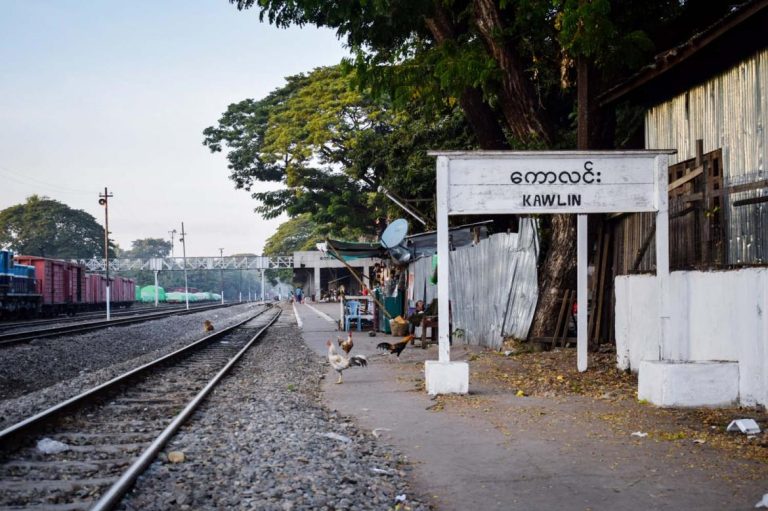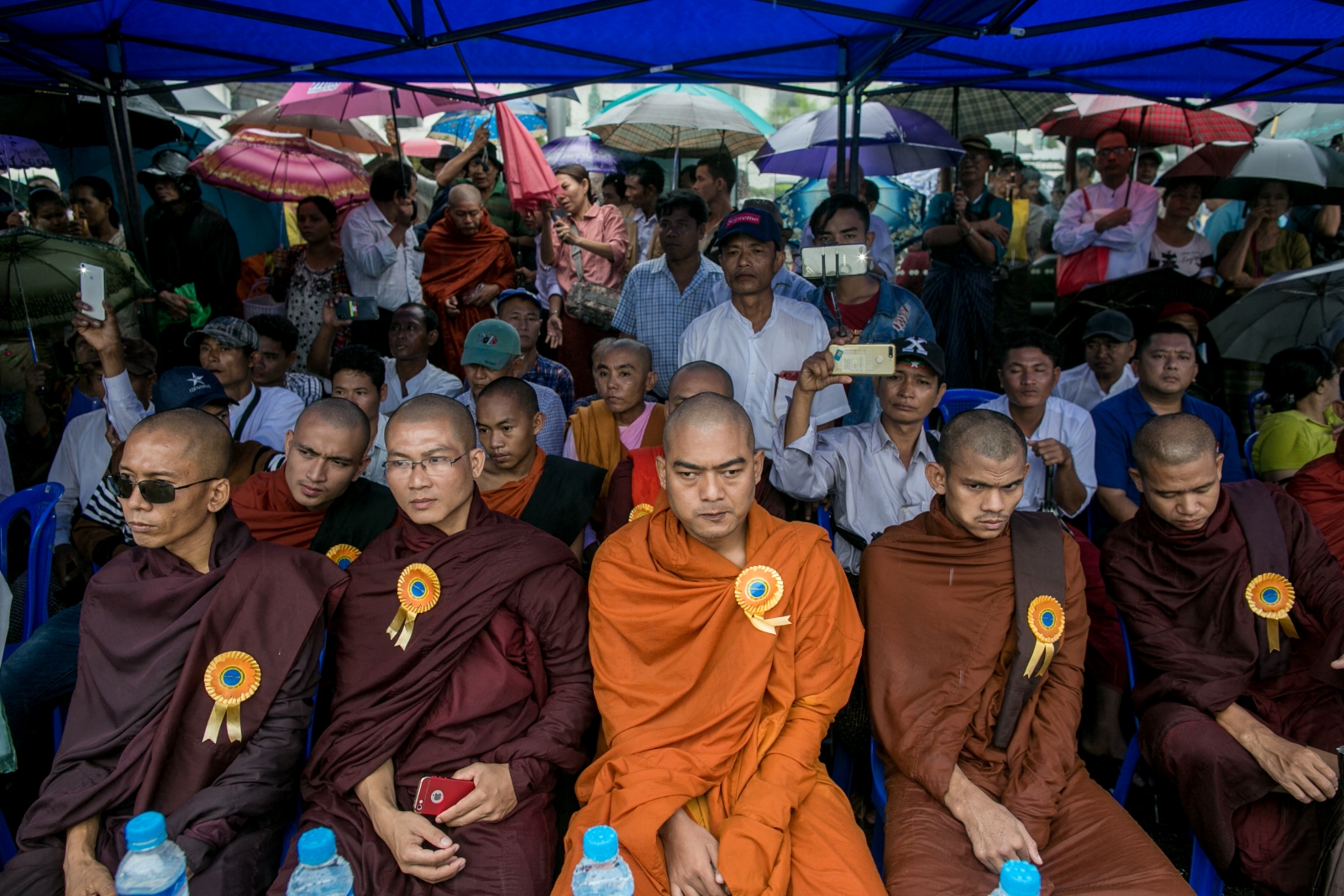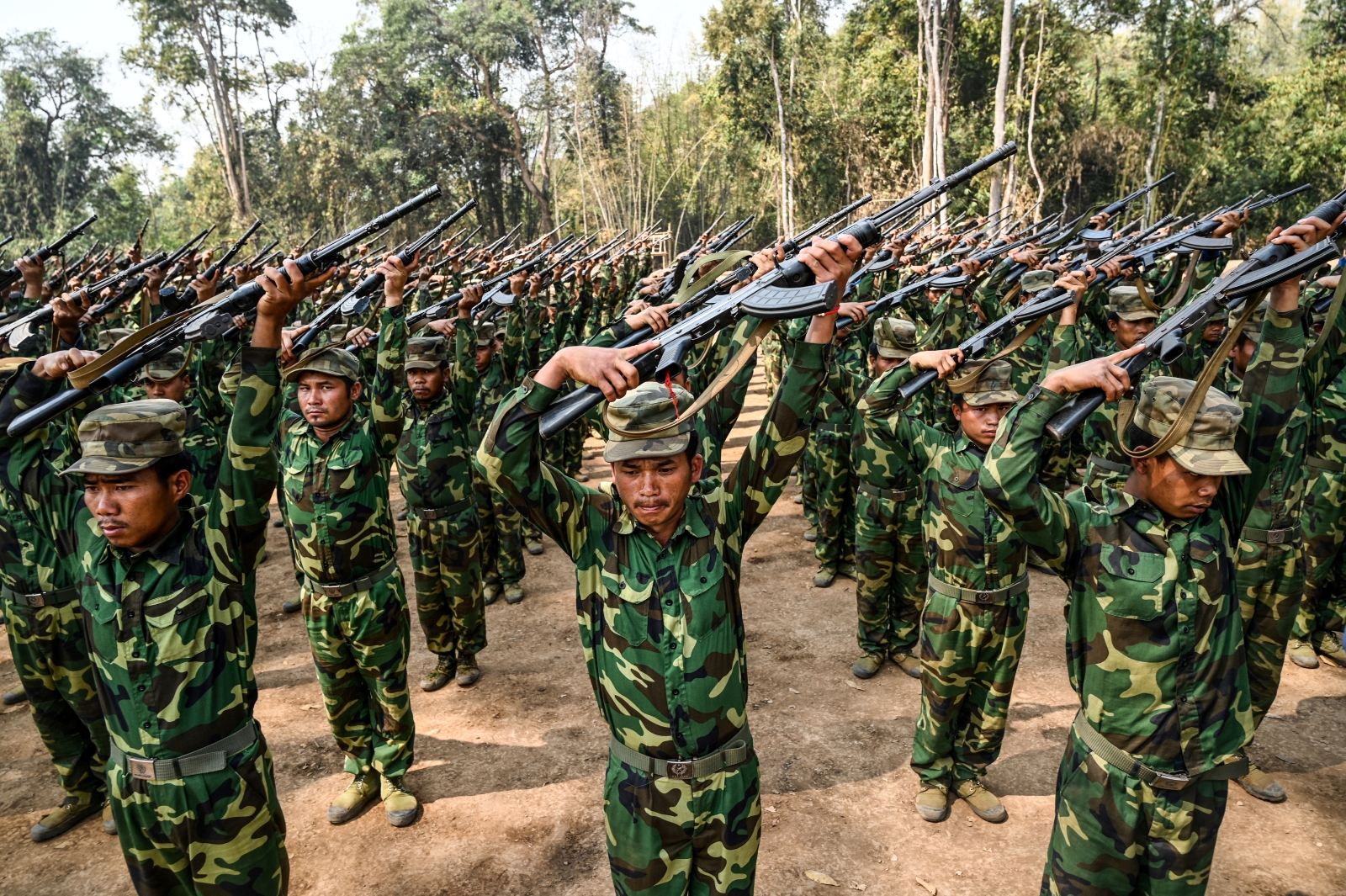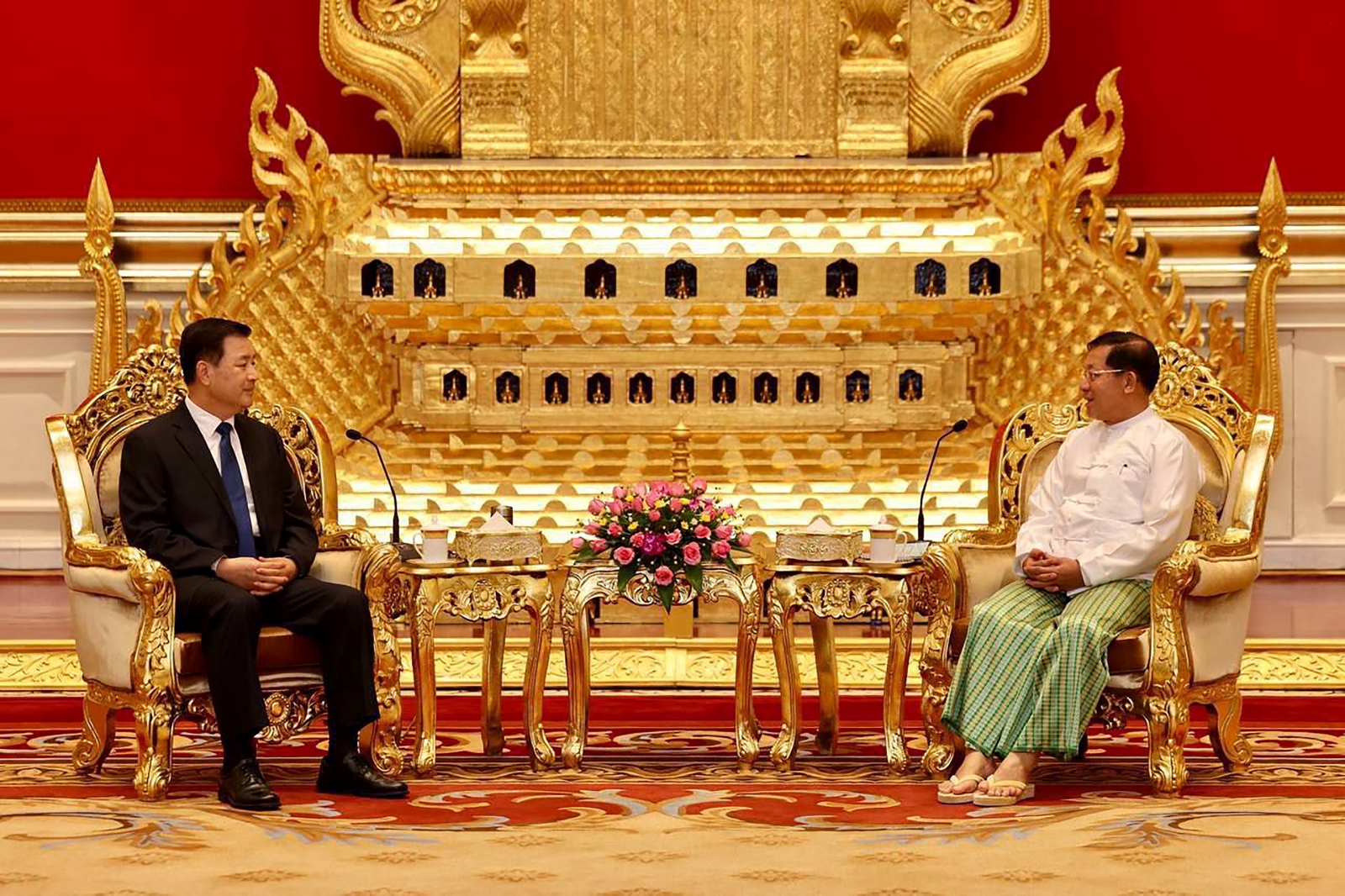Demands made by ethnic delegates at the Union Peace Conference will be a significant challenge for a National League for Democracy government.
The demands and activities of ethnic minority groups have been much in the news recently. The demands have been issued by armed ethnic groups and also by unarmed groups that are planning to form political parties. Political activism was suppressed under the junta and the change of government has enabled ethnic minorities greater freedom to speak out about their aspirations and concerns.
But the resurgence of a sectarian attitude among ethnic minority political leaders is likely to become one of the challenges for the incoming National League for Democracy government. This week I want to discuss whether the NLD can overcome this challenge.
News has emerged about the formation of a Kachin Republic Party that wants Kachin State to become an independent republic. The KRP’s provisional secretary, U Lashi Yawna, said the demand for an independent state differentiates the group from the Kachin Independence Organisation, and its armed wing, the Kachin Independence Army. He said the KIO had relinquished its original goal of establishing an independent state when negotiated a ceasefire with the government in 1994 that held until 2011.
The KRP says it will not negotiate with the government and will fight to create an independent Kachin republic.
It is unclear how much popular backing the KRP has in Kachin and although there have been no expressions of support from the KIO, KIA, or Kachin religious and civil society groups, its emergence is indicative of the resurgence of ethnic chauvinism.
Support more independent journalism like this. Sign up to be a Frontier member.
It was also on display during the Union Peace Conference in Nay Pyi Taw in mid-January when representatives of the Pa-O, Shan-ni (Red Shan), Ta’ang and Wa on January 14 demanded self-administered states for members of their groups.
The Wa, Pa-O and Ta’ang, already have self-administered zones, but their representatives asked for self-administered states to be established in other areas where they comprise a majority.
The Shan-ni requested a self-administered state that includes parts of Kachin and neighbouring Sagaing Region.
The demands at the peace conference came only days after the Tatmadaw had vowed to “eliminate” the Arakan Army, an ethnic Rakhine group that has become active in the state after being based for years in Kachin. The fighting that erupted between the AA and the Tatmadaw in late December claimed an unknown number of lives on both sides and displaced hundreds of villagers.
Political leaders in Rakhine have been reluctant to criticise the attempt by the AA to establish operations in the state.
Rakhine National Party leader Dr Aye Maung said the move by the AA was as understandable as the existence of the armed wing of the KNU in Kayin State.
Ethnic Rakhine chauvinism is likely to pose an immediate challenge to the NLD government that takes office on April 1 over the appointment of a chief minister for the state, the constitutional prerogative of the president. In a January 19 ultimatum, the RNP said in a statement that the majority it won in the state hluttaw – 23 of 35 elected seats in a 47-member assembly – has given it the right to choose the chief minister.
If the RNP cannot choose the chief minister from among its MPs-elect, it will remain in opposition and boycott any organisation established by the NLD, the statement said.
There are several measures that an NLD government can take in response to rising ethnic sectarianism. They include working in consultation with the Tatmadaw to end fighting in minority areas. Another is rapid development in Kayin State and other areas covered by the October 15 ceasefire to show that peace has brought significant benefits to ethnic minorities.
Good governance, the flourishing of democracy and a readiness to share more power with the states and regions will also be essential for an NLD government to address this challenge.






